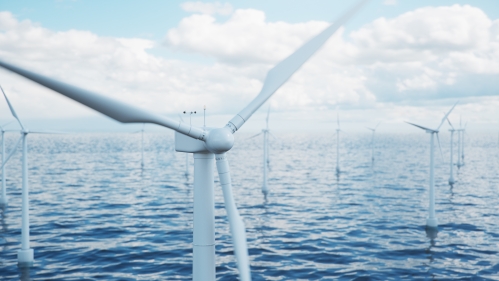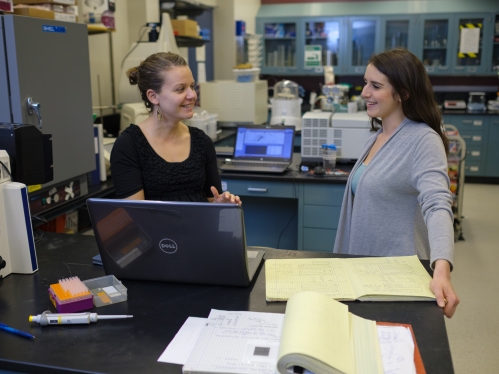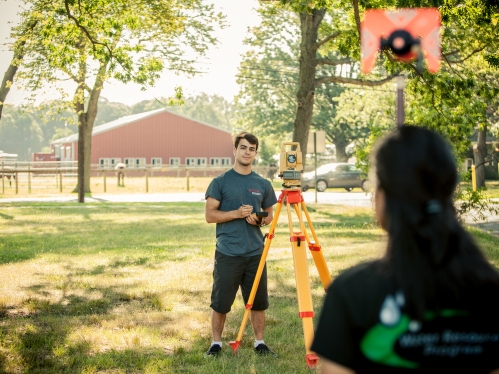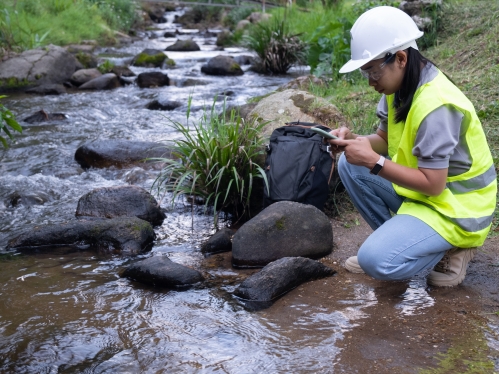
Environmental Engineering
We give students a broad and multi-disciplinary education in the fundamentals of environmental engineering as well as proactive learning opportunities to utilize classroom learning in applications and design. The program offers a wide range of courses to help students understand the impact of engineering solutions in a global, economic, environmental, and societal context.
Program Overview
Environmental engineers solve human-related environmental issues by employing the principles of engineering and biotechnology along with the physical, chemical and biological sciences. Their efforts largely encompass initiatives to improve public health, recycling and waste disposal, water and air pollution, and other issues plaguing today’s natural environment.
The Environmental Engineering program at Rutgers will give you a broad and multi-disciplinary education in the fundamentals of environmental engineering as well as proactive learning opportunities to utilize classroom material in applications and design. A wide range of courses are offered to help you understand the impact of engineering solutions in a global, economic, environmental, and societal context.
Environmental engineers, having an integrated knowledge of environmental engineering and sciences can look forward to excellent career opportunities following graduation.

Degrees Offered and Curricular Options
The Department of Environmental Engineering offers the following degree options:
• Bachelor of Science Degree
Options:
Water Resources
Environmental Unit Processes or Remediation
Air Quality
Sustainable Environmental Systems
• Bachelor of Science/Master of Science Dual Degree
• Master of Science Degree
• Doctorate

Career Paths
- Air/water quality engineer
- Environmental consultant/engineer
- Energy conservation engineer
- Process engineer in industry
- Bioremediation engineer
- Green infrastructure engineer
- Hydraulic and hydrologic modeler
- Environmental specialist

Meet Nicole Louca
“People are finally starting to wake up and realize we don’t have a Planet B, so there are many opportunities to make an impact.”


The Future Must Be Built